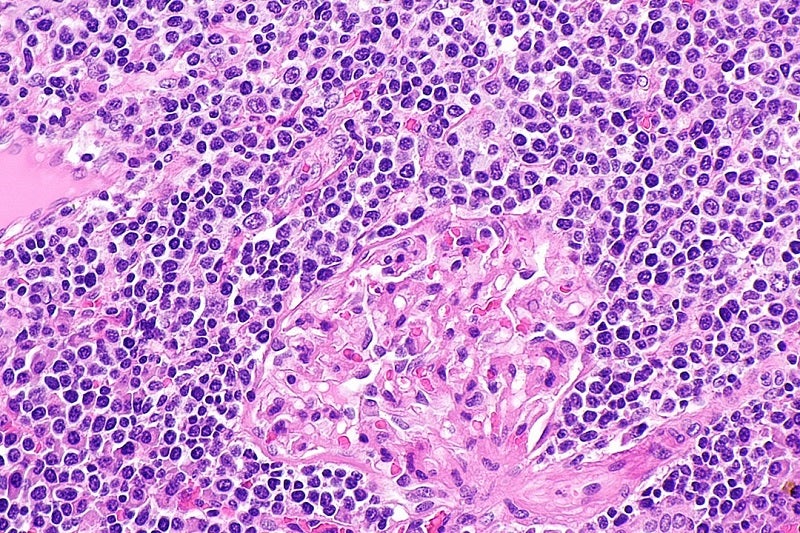
BeiGene has received marketing authorisations for Brukinsa (zanubrutinib) in Great Britain from the Medicines and Healthcare products Regulatory Agency (MHRA) to treat chronic lymphocytic leukemia (CLL) and marginal zone lymphoma (MZL).
Brukinsa has been approved to treat CLL and MZL in adult patients who have previously received a minimum of one anti-CD20-based therapy.

Discover B2B Marketing That Performs
Combine business intelligence and editorial excellence to reach engaged professionals across 36 leading media platforms.
Brukinsa is a small-molecule Bruton’s tyrosine kinase (BTK) inhibitor specially designed for delivering sustained and targeted BTK protein inhibition by optimising bioavailability, half-life, and selectivity.
The regulatory approval for the BTK inhibitor to treat CLL was based on Phase III SEQUOIA and ALPINE clinical trials.
In the SEQUOIA trial, Brukinsa was compared against bendamustine and rituximab (BR) in previously untreated CLL patients.
The BTK inhibitor was compared against Imbruvica (ibrutinib) in relapsed/refractory (R/R) CLL patients in the ALPINE trial.

US Tariffs are shifting - will you react or anticipate?
Don’t let policy changes catch you off guard. Stay proactive with real-time data and expert analysis.
By GlobalDataBeiGene stated that the MHRA approval of Brukinsa to treat MZL is based on the data obtained from the Phase II MAGNOLIA trial conducted in R/R MZL patients who have previously received at least one anti-CD-20-based regimen.
BeiGene Hematology chief medical officer Mehrdad Mobasher said: “As a BTK inhibitor designed to maximise BTK occupancy and minimise off-target binding, we believe Brukinsa presents a very promising treatment option for eligible patients with MZL and CLL.”
The company stated that the BTK inhibitor currently obtained authorisation in Northern Ireland and the European Union.
It has been approved to treat Waldenström’s macroglobulinemia (WM) in adult patients who have previously received at least one prior therapy or patients who are not suitable for chemoimmunotherapy; CLL adult patients; and MZL adult patients who have received at least one prior anti-CD20-based therapy.




